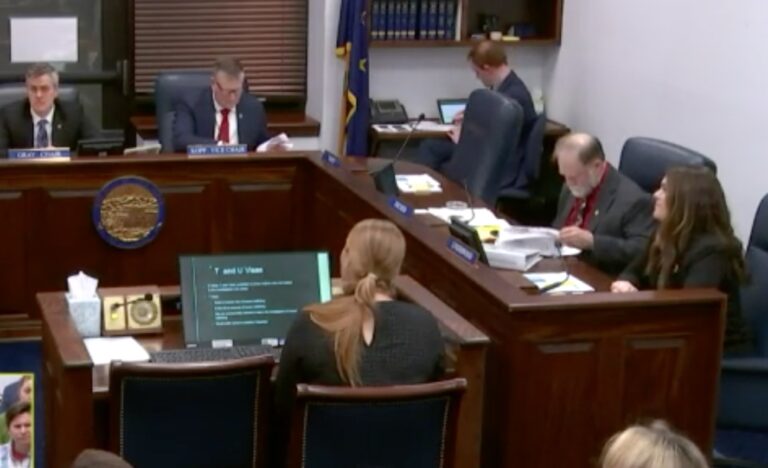By TATE MILLER | THE CENTER SQUARE
The U.S. Department of Education under the Trump administration says that race-based decisions in education – including race-based hiring, admissions, and scholarships – are unlawful, and any institution that does not comply with the department’s antidiscrimination requirements will face loss of federal funding.
“The Department of Education will no longer allow education entities to discriminate on the basis of race,” Craig Trainor, acting assistant secretary for Civil Rights at the department, told The Center Square.
“This isn’t complicated,” Trainor said. “When in doubt, every school should consult the SFFA legal test contained in the [Dear Colleague letter]: ‘If an educational institution treats a person of one race differently than it treats another person because of that person’s race, the educational institution violates the law.’”
Trainor also said that “additional guidance on implementation is forthcoming.”
Trainor’s Dear Colleague letter states that federal law “prohibits covered entities from using race in decisions pertaining to admissions, hiring, promotion, compensation, financial aid, scholarships, prizes, administrative support, discipline, housing, graduation ceremonies, and all other aspects of student, academic, and campus life.”
“The Department will vigorously enforce the law on equal terms as to all preschool, elementary, secondary, and postsecondary educational institutions, as well as state educational agencies, that receive financial assistance,” according to Trainor’s letter.
“If an educational institution treats a person of one race differently than it treats another person because of that person’s race, the educational institution violates the law,” Trainor wrote.
Schools have until the end of the month to begin complying with the letter’s content.
According to Trainor’s letter, “the Department intends to take appropriate measures to assess compliance with the applicable statutes and regulations based on the understanding embodied in this letter beginning no later than [Feb. 28], including antidiscrimination requirements that are a condition of receiving federal funding,” Trainor wrote.
Trainor said in his letter that “the Supreme Court’s 2023 decision in Students for Fair Admissions v. Harvard (SFFA), which clarified that the use of racial preferences in college admissions is unlawful, sets forth a framework for evaluating the use of race by state actors and entities covered by Title VI.”
Since 1964, Title VI has existed to prohibit racial discrimination in federally-funded programs, as stated by the Department of Justice.
“Although SFFA addressed admissions decisions, the Supreme Court’s holding applies more broadly,” Trainor wrote.
“Educational institutions have toxically indoctrinated students with the false premise that the United States is built upon ‘systemic and structural racism’ and advanced discriminatory policies and practices,” Trainor wrote.
“Proponents of these discriminatory practices have attempted to further justify them – particularly during the last four years – under the banner of ‘diversity, equity, and inclusion’ (‘DEI’),” Trainor wrote.
“The Department will no longer tolerate the overt and covert racial discrimination that has become widespread in this Nation’s educational institutions,” Trainor wrote.
“The law is clear: treating students differently on the basis of race to achieve nebulous goals such as diversity, racial balancing, social justice, or equity is illegal under controlling Supreme Court precedent,” Trainor wrote.
Visiting fellow in higher education at The Heritage Foundation Adam Kissel told The Center Square that “the DEI party in education is over.”
“The Supreme Court was quite clear that racial discrimination in higher education is illegal,” Kissel said.
“The U.S. Department of Education has clarified that workarounds and winks, including facially neutral programs that are designed to achieve racially disparate outcomes, violate Title VI of the Civil Rights Act of 1964,” Kissel said.
Kissel also recommended that “the department should quickly issue guidance emphasizing that some provisions of its legacy Title VI regulations are no longer good law.”
“The department’s legacy civil rights regulations are built on toleration of discriminatory ‘affirmative action’ preferences and practices that are no longer allowed,” Kissel said.








